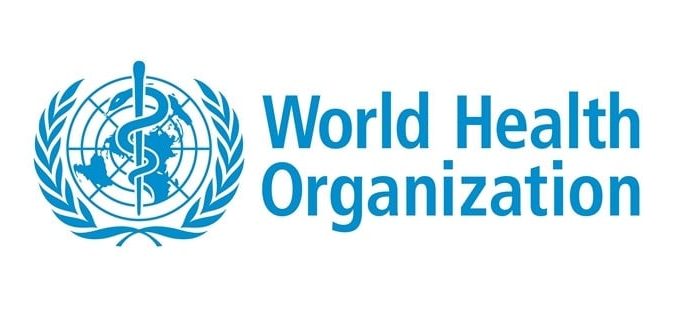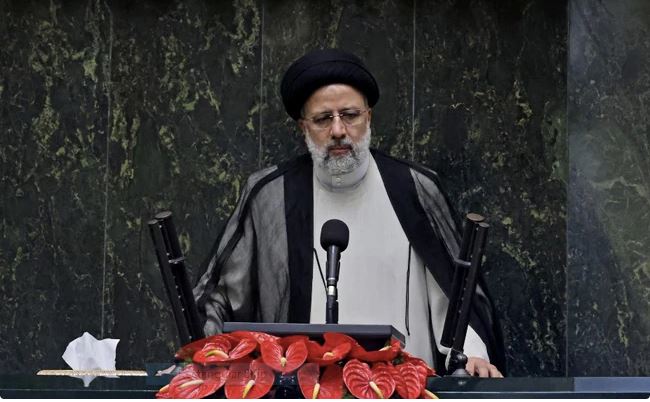
WHO Tells African Countries to Address Hypertension Root Causes.

The World Health Organisation has urged African countries to implement their commitments through policies and programmes that would address the root causes of hypertension to promote healthy living.
Dr. Matshidiso Moeti, WHO Regional Director for Africa, made the call in her message to commemorate World Hypertension Day 2023 with the theme, ‘Measure Your Blood Pressure Accurately, Control It and Live Longer.’
She said, “African governments can lead the way by implementing their commitments through policies and programs that address the root causes of hypertension.
“The initiative if implemented promotes healthy environments, and improves access to healthcare services.
“This will require a significant investment in healthcare infrastructure, training healthcare workers, and increasing access to affordable medications.”
She said that the day is observed to draw attention to combat the low level of awareness of hypertension and the limited availability of calibrated devices for accurate blood pressure measurement.
“The symptoms are usually foreboding of damage on specific organs in the body including the heart, brain, eyes and kidneys resulting from poor control,’’ she said.
According to her, in the African region, close to 40 percent of adults aged between 30 to 79 years are hypertensive and only a quarter of these are taking medicines.
Moeti said that optimal blood pressure control was only attained in 11per cent of patients on medication.
“Hypertension is a significant risk factor for cardiovascular diseases (CVDs) mostly heart attack, stroke, and heart failure which account for a significant burden of premature mortality from non-communicable diseases (NCDs).
“Hypertension is easy to diagnose and there are safe and cost-effective treatments including pharmacologic and behavioral change interventions,’’ she said.
She said the WHO has prioritized decentralized management and care for non-communicable diseases, including the management of hypertension, using its Package of Essential Noncommunicable disease interventions for primary healthcare.
She said that WHO also has published guidance on the technical specification for automated blood pressure monitoring devices to ensure improved access to accurate and affordable blood pressure devices.
“We need to regularly check our blood pressure and in case it is raised, adhere to medications as prescribed by the health provider”
“We can fight hypertension and the responsibility starts with us as individuals and as communities taking control of our health and well-being”
“We need to adopt healthy lifestyles such as reducing salt intake, increasing portions of fruits and vegetable consumption, increasing physical activity, and avoiding tobacco and excessive alcohol consumption,” Moeti said.
She said that effective prevention and control of hypertension required a multi-sectoral approach.
According to her, the approach will involve collaboration between the health sector and other sectors, such as education finance, and agriculture, to address the social determinants of hypertension.
The director said that interventions such as promoting healthy diets and increasing physical activity can be implemented in schools.
She said that early detection through routine screening at all health service delivery levels was important and calibrated and validated blood pressure measuring devices should be available in all health facilities.
Moeti said that quality-assured medicines should be available for the management of hypertension particularly at the primary level and a robust mechanism to collect data to monitor outcomes from treatment and care.
“Addressing hypertension in Africa requires a multi-faceted approach that involves individuals, communities, and governments working together.
“We must work together to join the global effort to address hypertension and its related health consequences,’’ she said.
According to her, people can prevent and control hypertension by taking action and improving the health and well-being of millions of people in Africa.
(NAN)





Leave a Reply